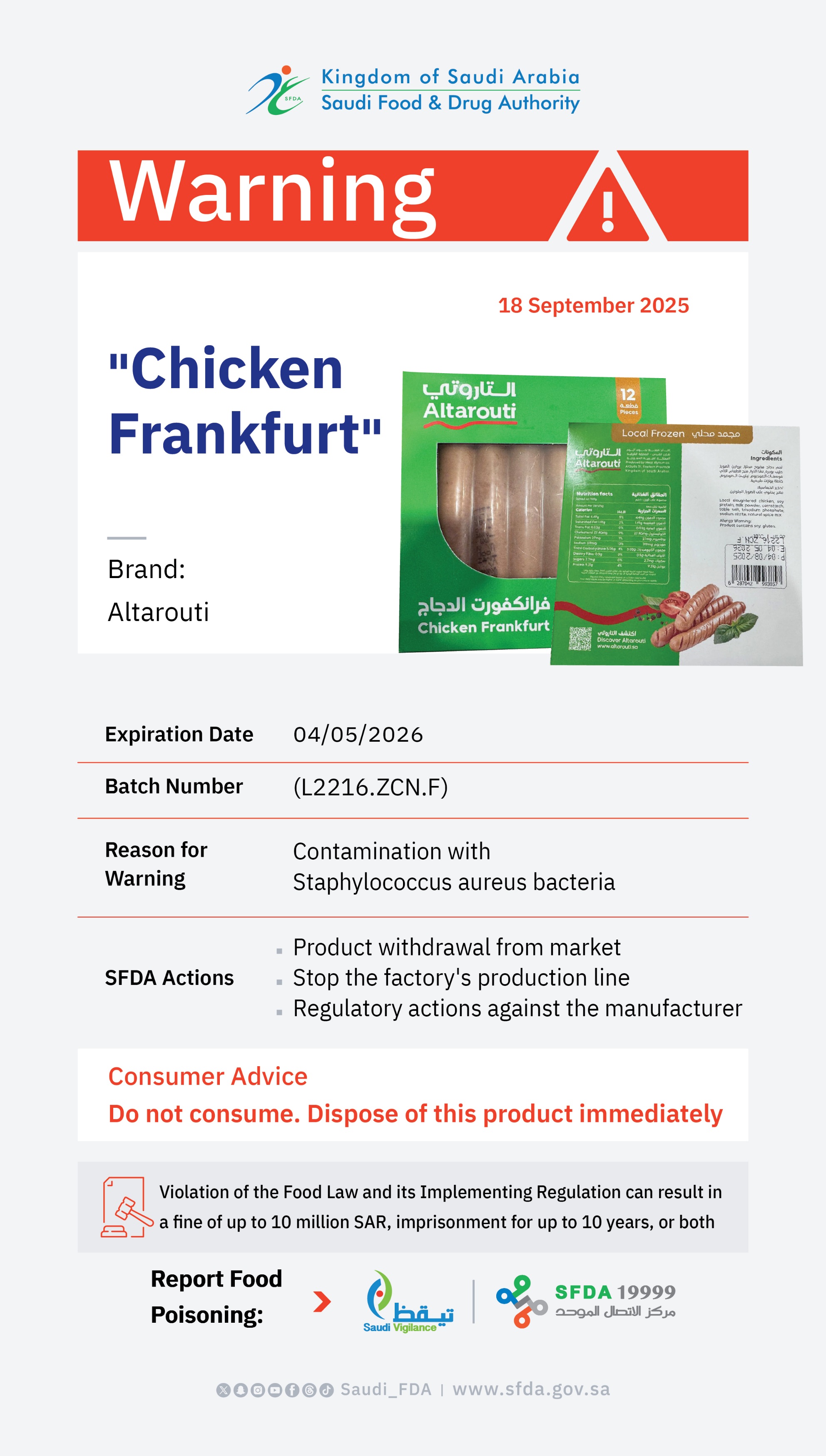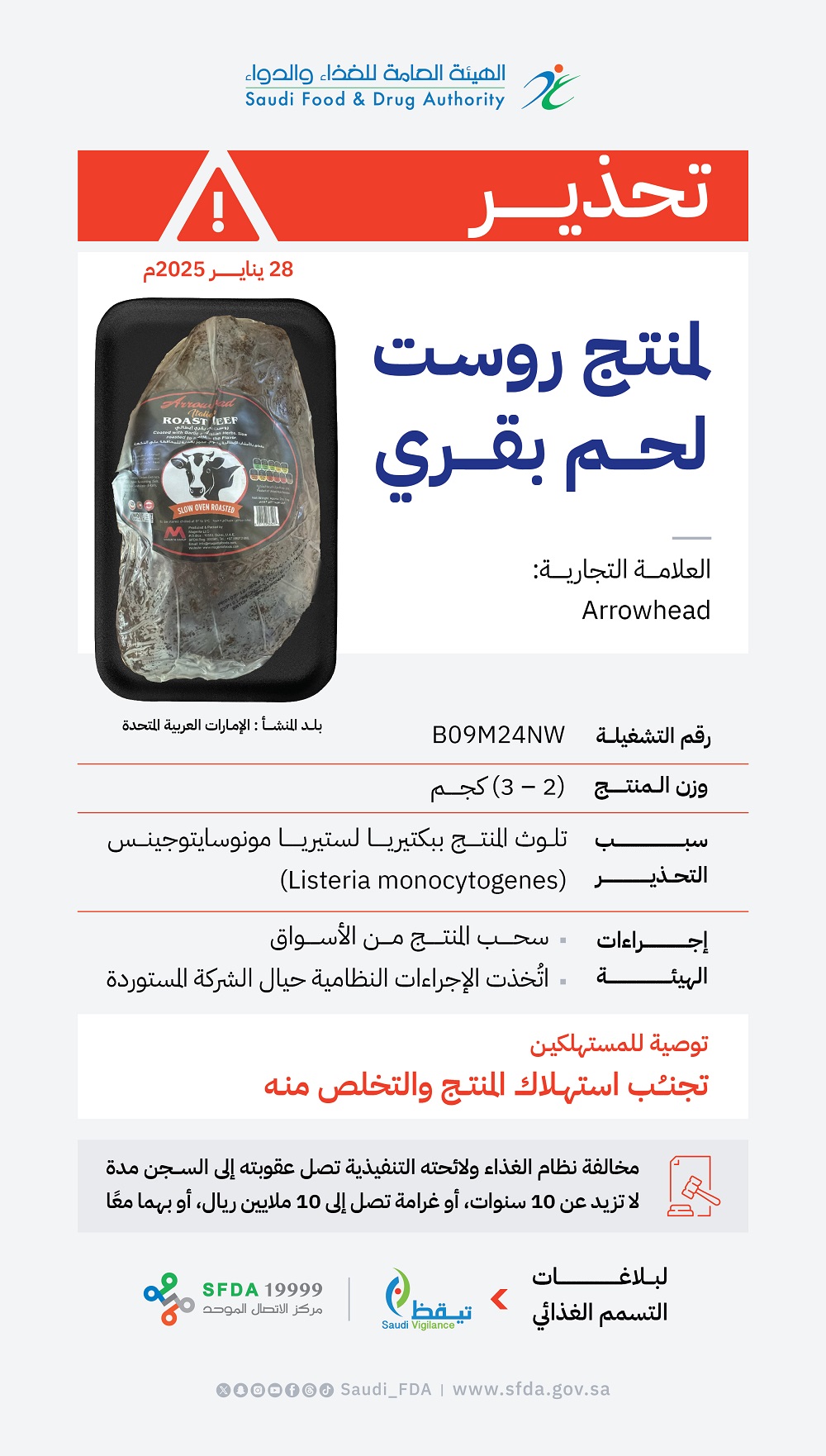
Antidepressants Can Boost Insulin Sensitivity
2007-01-31
Certain non-diabetic patients with major depressive disorder show improved insulin sensitivity following treatment with amitriptyline or paroxetine, German researchers report.
In the December issue of the Journal of Clinical Psychiatry, Dr. Bettina Weber-Hamann of the Central Institute of Mental Health, Mannheim and colleagues note that there is substantial evidence that depression is a risk factor for type 2 diabetes.
The hypothalamus pituitary-adrenal (HPA) system may be involved, they suggest, and its activity could also be modified by antidepressant treatment.
To investigate further, the researchers conducted a double-blind study of 80 non-diabetic inpatients who had an episode of major depression. They were randomized to treatment with the tricyclic antidepressant amitriptyline, or the selective serotonin reuptake inhibitor paroxetine for 5 weeks.
In the amitriptyline group, 16 showed remission, 11 had a response, and 9 patients did not respond. The corresponding numbers in the paroxetine group were 17, 7 and 20.
Before and at the end of treatment, all patients were given an oral glucose tolerance test. After correction for body mass index, insulin sensitivity was seen to improve only in patients who showed remission with either drug.
In addition, following treatment, saliva cortisol concentrations fell only in amitriptyline patients in remission or who responded, suggesting, say the investigators, that the agent may reduce HPA system activity.
However, as Dr. Weber-Hamann pointed out in remarks to Reuters Health, "successful treatment with the serotonin reuptake inhibitor paroxetine similarly improved glucose utilization without affecting HPA system activity."
This, she concluded, underscores "the assumption that additional factors may play a role in regulating the sensitivity to insulin in patients with major depression."
J Clin Psychiatry 2006;67:1856-1861.





